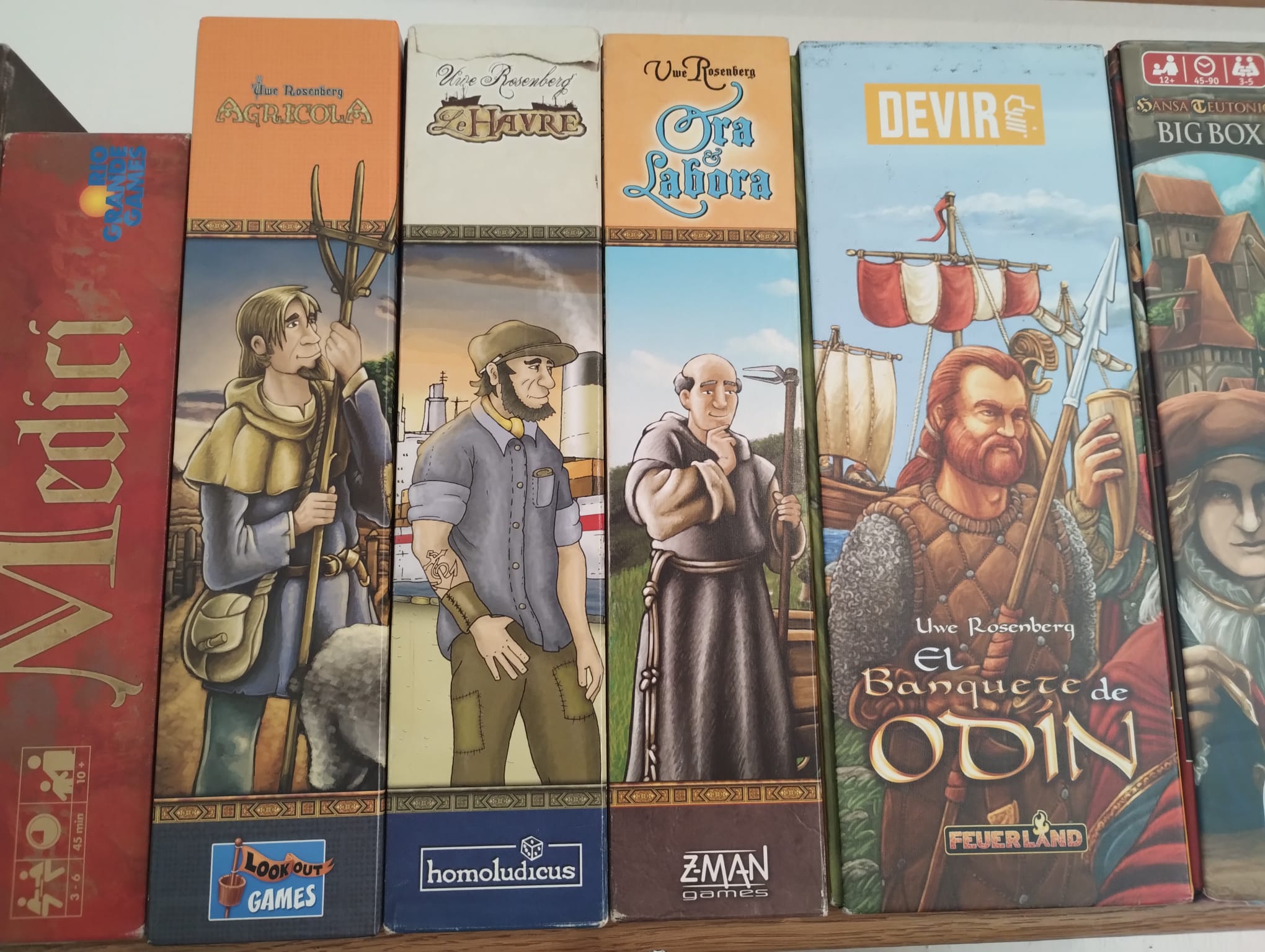I am very excited about the possibility of the Fediverse, and the potential for many experiments in instance governance. A problem that all instances must content with is trolling and spam. It seems very difficult to impose a cost on these bad actors without harming honest users as well. Either instances have minimal signup friction and are vulnerable to being overwhelmed with bad actors & defederated (see the recent defederation decision from Beehaw), or they present frustrating barriers such as manual approval or waitlists for folks who just want to have fun
A possible solution comes from the blockchain space, which has been dealing with anonymous bad actors since its inception. Many blockchains and blockchain apps require users to stake some asset in order to gain certain privileges (basically a deposit). If the user is determined to be a bad actor, they lose some or all of their stake.
An instance could be integrated with a smart contract to manage membership could be very effective at dissuading trolls and spammers. A user could stake a small amount of money (say $10) in order to create an account on the instance. This could be done very quickly and would require no manual approval from admins. If the admins determine they are acting poorly, they could ban the user and slash their funds. If an honest user decides they don't want to stay on the instance, they could delete their account and recover their deposit.
I've got a prototype smart contract for this. Would be interested in working with someone on this if there's anyone with experience with the instance management

A mí me gusta mucho. Las historias que se arman tienen sentido.